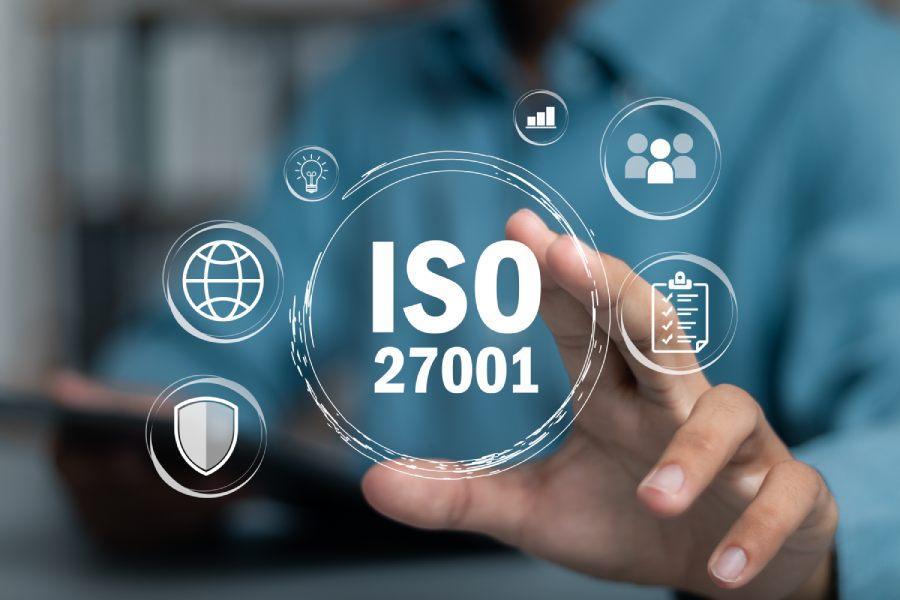In today’s data-driven world, achieving ISO 27001 compliance is essential for organizations aiming to safeguard sensitive information and build trust with stakeholders. However, navigating the complexities of this international standard can be challenging without expert guidance. The Ultimate Guide to Hiring ISO 27001 Consultants for Effective Compliance provides businesses with a clear roadmap to select the right consultants who can streamline the certification process, close security gaps, and ensure long-term information security success.
Understanding ISO 27001 and Its Importance
ISO 27001 is an internationally recognized standard that specifies the requirements for establishing, implementing, maintaining, and continually improving a nInformation Security Management System (ISMS). The principal objective of ISO 27001 certification is to ensure robust information security within an organization by managing risks related to sensitive data, assets, and IT infrastructure effectively.
Key Roles and Expertise of ISO 27001 Consultants
An effective ISO 27001 consultant undertakes multiple key roles, tailored to facilitate seamless ISMS implementation and certification. Typically, these experts contribute across the following domains:
1. Gap Analysis and Risk Assessment
Consultants conduct comprehensive gap analyses to identify discrepancies between the organization’s current information security posture and ISO 27001 requirements. This process includes vulnerability assessment of IT assets, applications, and cloud environments, and a holistic risk assessment covering both external and internal threats.
2. Security Policy Development and Implementation
Developing detailed security policies and controls customized to the organization’s operational context forms a core function of consultants. This encompasses drafting guidelines for data protection, incident management, and compliance with both international standards and industry-specific regulatory compliance requirements.
3. Business Continuity Planning and Incident Response
Consultants help to align business continuity planning with information security strategies, ensuring resilience amid incidents that threaten data availability or integrity. Their experience in incident management frameworks supports rapid detection, response, and recovery.
Criteria for Selecting the Right ISO 27001 Consultant
Choosing a consultant well-versed in ISO 27001 and the broader information security framework requires careful consideration of several critical criteria. Organizations should evaluate potential consultants on:
Proven Track Record and Certification
Look for consultants with certification in ISO 27001 themselves, preferably associated with reputable entities like BSI Group, TÜV SÜD, or SGS. Their history of successful ISMS implementation projects, especially within your industry, will indicate their capability to manage compliance complexities.
Tailored Engagement and Training Capabilities
The ability to tailor security awareness training and business continuity planning for your organization’s unique risks and culture is paramount. Firms like PwC and Infosys have extensive experience customizing such programs to embed sustainable security practices. Easily reveal details with a single click.
Steps to Engage and Collaborate with ISO 27001 Consultants
Engaging ISO 27001 consultants strategically optimizes the implementation process and expedites ISO 27001 certification readiness. The engagement typically follows these sequential steps:
- Initial Assessment and Proposal: Consultants begin with an initial consultation to understand the organization’s current ISMS status, information security framework, and business objectives. This phase includes preliminary gap analysis and a proposal outlining the scope, deliverables, and timelines for ISMS implementation.
- Detailed Risk Assessment and Planning: Following approval, the consultant conducts an in-depth risk assessment covering cybersecurity vulnerabilities, cloud security risks, and compliance gaps. The planning stage defines security controls and policy development aligned with ISO 27001 clauses.
- Implementation Support and Security Controls Deployment: Consultants assist organizations in deploying and integrating security controls, including access management, encryption standards, and monitoring systems. Concurrently, they help institute incident management processes and business continuity plans to address potential disruptions.
- Conducting Internal Audits and Compliance Auditing Preparation: Before formal certification audits, consultants perform internal audits to validate ISMS adherence. They provide coaching and documentation templates that facilitate efficient compliance auditing by certification bodies like BSI Group or TÜV SÜD.
Measuring Success and Ensuring Continuous Compliance
Achieving ISO 27001 certification is a milestone but maintaining ongoing compliance requires rigor and vigilance. Success is measured through several performance indicators:
Robustness of the ISMS
Periodic internal audits and vulnerability assessments help measure the effectiveness of security controls in mitigating risks. Tracking incident management response times and business continuity test outcomes also gauges resilience.
Continuous Risk Assessment and Gap Analysis
Security threats evolve rapidly, making continuous risk assessment essential. ISO 27001 consultants often recommend cyclical gap analyses and updates to security policies and IT governance practices, especially with changes in cloud security or regulatory environments.
Employee Security Awareness
The success of security awareness training programs can be measured by simulated phishing tests, incident reporting metrics, and feedback surveys. High awareness levels translate into lowered human-factor vulnerabilities.











